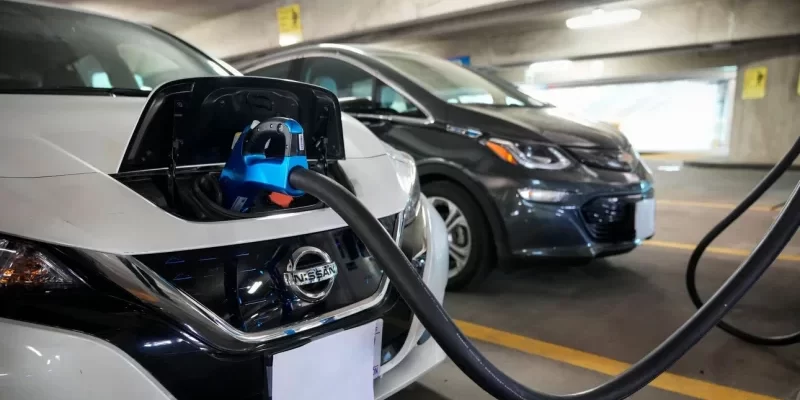Morocco, DRC, and Zambia Collaborate to Revolutionize Africa’s Electric Mobility Industry
Rabat – Morocco, the Democratic Republic of Congo (DRC), and Zambia have launched a groundbreaking initiative to establish a regional value chain for electric mobility in Lusaka, Zambia, aimed at transforming Africa’s automotive sector.
Led by the United Nations Economic Commission for Africa (ECA) Office for North Africa, the initiative entered its second phase on December 9, with representatives from all three nations in attendance.
This project aligns with Africa’s goals to promote sustainable development, reduce fossil fuel dependency, and tackle challenges such as outdated vehicle fleets and inadequate public transport systems.
According to an ECA press release, electric mobility can significantly cut emissions while generating employment opportunities and driving economic growth.
Crusivia Hichikumba, Zambia’s Permanent Secretary for Investment and Industrialization, highlighted the importance of collaboration.
“The complementarities between our countries’ resources and experiences are sufficient to develop robust battery and precursor production value chains, facilitating our transition to a post-fossil fuel era,” he said.
The DRC’s vast reserves of cobalt and copper position it as a critical player in this initiative. Marie Pascale Diatuka Malanda of the Congolese Agency for Ecological Transition and Sustainable Development emphasized the need for synergy, technology transfer, and shared best practices to enable green, low-carbon industrialization.
Morocco, recognized as a leader in Africa’s automotive industry, brings its expertise in vehicle production, including electric models, to the partnership.
“By joining forces, we can become a world leader in electric mobility,” said Idriss Addahbi, a senior official at Morocco’s Ministry of Industry and Trade.
He underscored the importance of developing a regional value chain to create jobs, reduce fossil fuel reliance, and advance climate action.
Africa’s automotive industry, valued at $30.44 billion in 2021, is projected to grow to $42.06 billion by 2027, driven by rapid urbanization and increasing demand for passenger and utility vehicles.
Globally, the electric vehicle (EV) market is expected to reach $46 trillion by 2050. With 30% of the world’s cobalt, lithium, and copper reserves, Africa is uniquely positioned to capitalize on this booming sector, the ECA noted.
This transition supports the UN’s 2030 Agenda for Sustainable Development and the African Union’s Agenda 2063 by fostering green jobs and enhancing economic resilience.
While Africa’s potential in electric mobility is immense, the ECA acknowledged significant challenges, including limited infrastructure, a lack of EV charging stations, and regulatory disparities that hinder seamless value chain development.
The African Continental Free Trade Area (AfCFTA) provides a platform for policy harmonization and regional integration, which are essential to addressing these challenges and unlocking the continent’s e-mobility potential.
The Lusaka workshop, held from December 9 to 11, focused on creating a comprehensive roadmap and partnership framework for electric mobility.
Public and private sector stakeholders, along with technical experts, collaborated to develop action plans for battery production, EV assembly, and charging infrastructure.
This regional effort marks a significant step toward establishing Africa as a leader in the global electric mobility industry, leveraging its abundant resources and fostering a greener, more sustainable future.
153 total views , 1 views today





